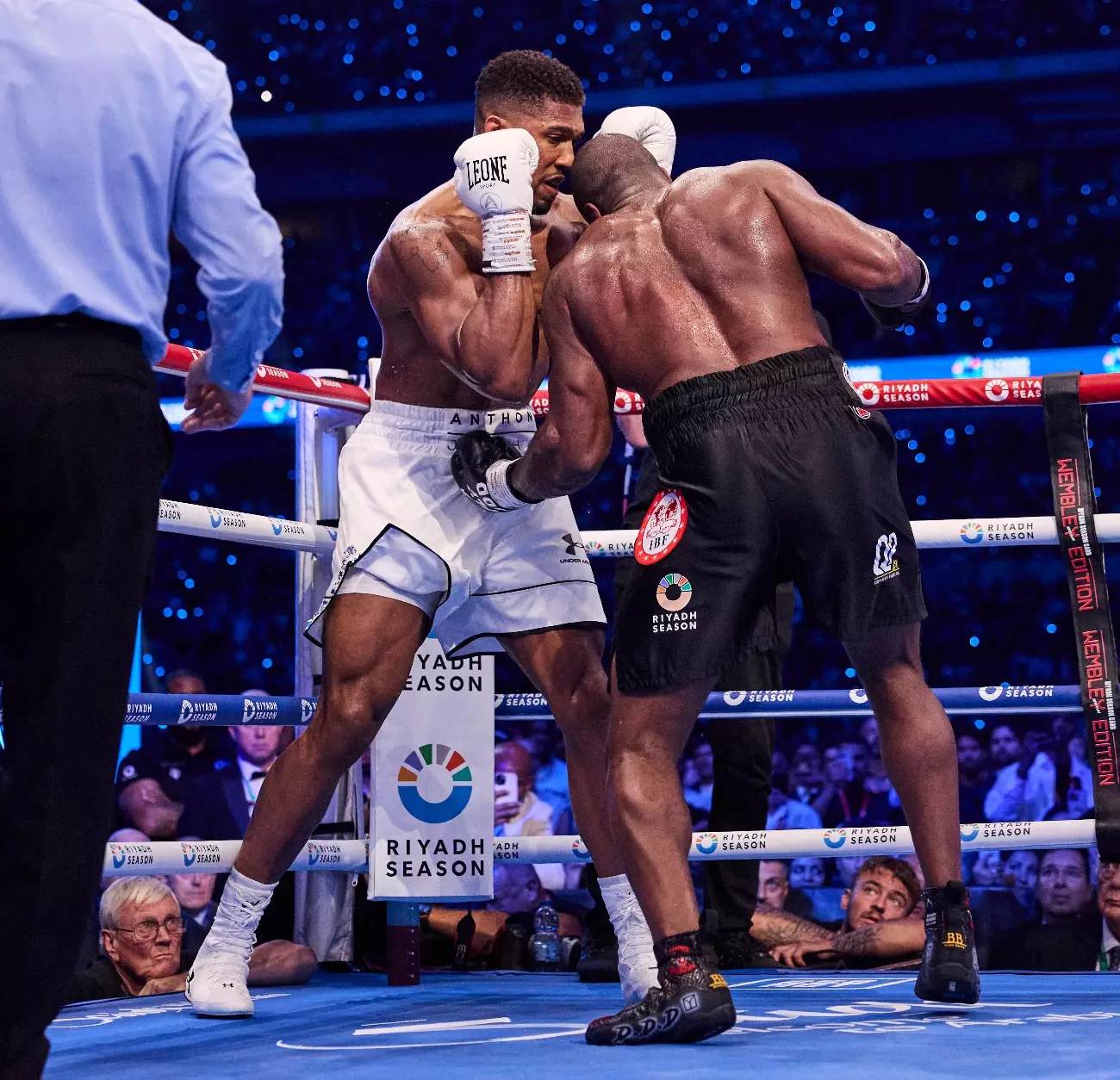Anthony Joshua’s clash with Daniel Dubois at Wembley Stadium was highly anticipated, a bout that could redefine the heavyweight boxing landscape. However, as the dust settles on this encounter, it is clear that the fight was laden with controversies and miscalculations that led to Joshua’s downfall. Eddie Hearn, Joshua’s promoter, voiced his dissatisfaction not only about the fight’s outcome but also about Joshua’s decision-making in critical moments. Such experiences serve as significant lessons, particularly for athletes aiming to hone their tactical skills.
During the fight, Joshua received a low blow from Dubois in the third or fourth round. This incident could have served as a brief respite for him, an opportunity to recover. However, Hearn’s observation pointed out a significant flaw in Joshua’s judgment. Instead of taking the full five minutes to recuperate and reassess the fight, Joshua insisted that he was “fine” and chose to continue without taking the necessary timeout. While some may argue that this kind of toughness is commendable, it is critical to recognize that the choice displayed a lack of experience that ultimately contributed to his defeat.
Hearn reminisced about Oleksandr Usyk’s handling of a similar situation against Dubois, where Usyk utilized the full recovery time to regain composure. In combat sports, wisdom often comes from experience, and Joshua’s decision reflected naivety that could have cost him precious seconds to regroup mentally and physically. This incident reveals a broader issue in competitive fighting: understanding one’s limits and leveraging the rules in one’s favor can be just as crucial as raw skill.
A Fighter’s Condition and Preparation
In the lead-up to the fight, concerns were raised regarding Joshua’s physical readiness. Hearn noted that Joshua appeared overly muscular and unwieldy, which contrasted with the agile and powerful performances seen in his previous fights. The responsibility for this miscalculation resides heavily on his trainer, Ben Davison, who, according to Hearn, failed to ensure Joshua was at an optimal fighting weight.
A fighter’s conditioning directly impacts their performance in the ring. Joshua’s bulky physique may have contributed to his slower response time and ability to absorb punches effectively. Instead of capitalizing on his strengths—speed and precision—Joshua’s muscle mass seemed to hinder his capacity to box efficiently against a younger and faster opponent like Dubois. This disconnect between Joshua’s physical state and his fighting strategy speaks volumes about inadequate preparation leading into what was supposed to be a pivotal bout.
As Eddie Hearn emphasized post-fight, Joshua’s instinct to engage head-on rather than strategically retreat also played a role in his downfall. When faced with the intensity of Dubois’ attack, Joshua’s choice to engage rather than hold or create distance showcased a gap in tactical awareness. In many respects, Hearn’s comments centered around Joshua’s mindset were indicative of a fighter who was not in sync with the realities of the situation at hand.
Athletic competition—particularly at the elite level—demands an ever-present awareness of one’s physical and emotional state. Realizing when to fight back and when to play defensively can define the trajectories of careers. Nevertheless, Joshua’s choice to forego a tactical retreat and push forward despite being overwhelmed only emphasizes a critical learning moment for him. In professional boxing, it is as much about strategic decisions as it is about individual power.
Ultimately, Anthony Joshua’s fight with Daniel Dubois serves as a stark reminder of the virtues of patience, experience, and strategic planning within the squared circle. While he has the physical tools to compete at the highest levels, the incidents during this match reflect deeper issues in preparation and decision-making strategies. Joshua must take these lessons to heart, embracing a more holistic approach to training that emphasizes both physical conditioning and tactical wisdom as he strives to reclaim his place among boxing’s elite. The path forward may appear steep, but with the right adjustments, Joshua can emerge stronger and more prepared for the battles that lie ahead.

